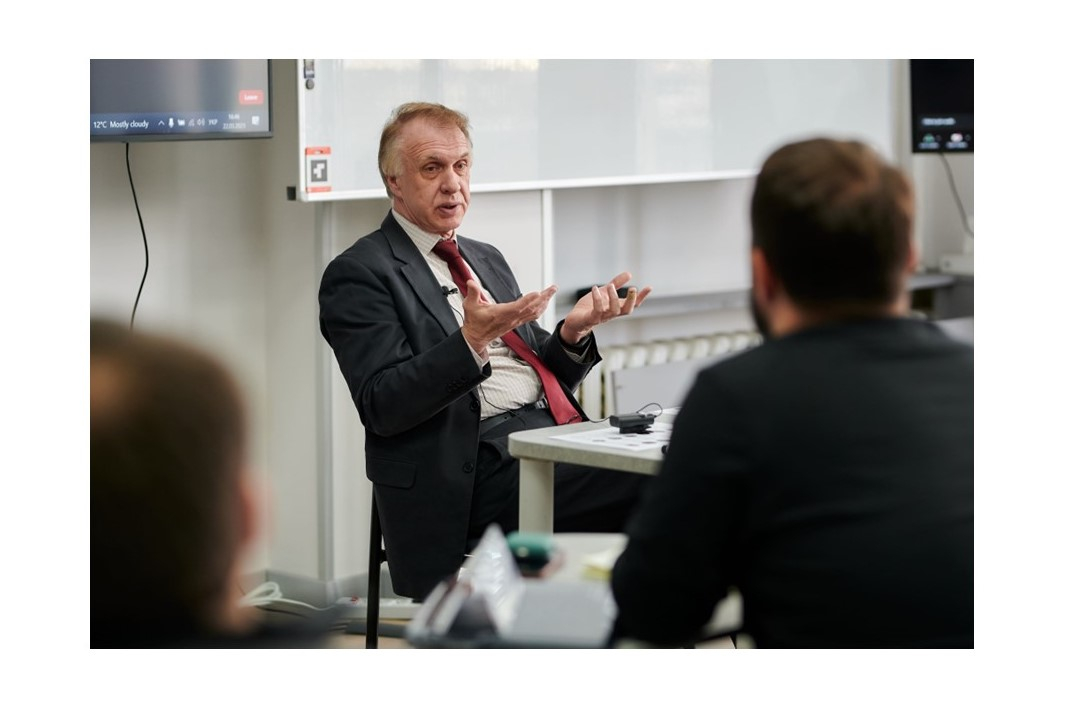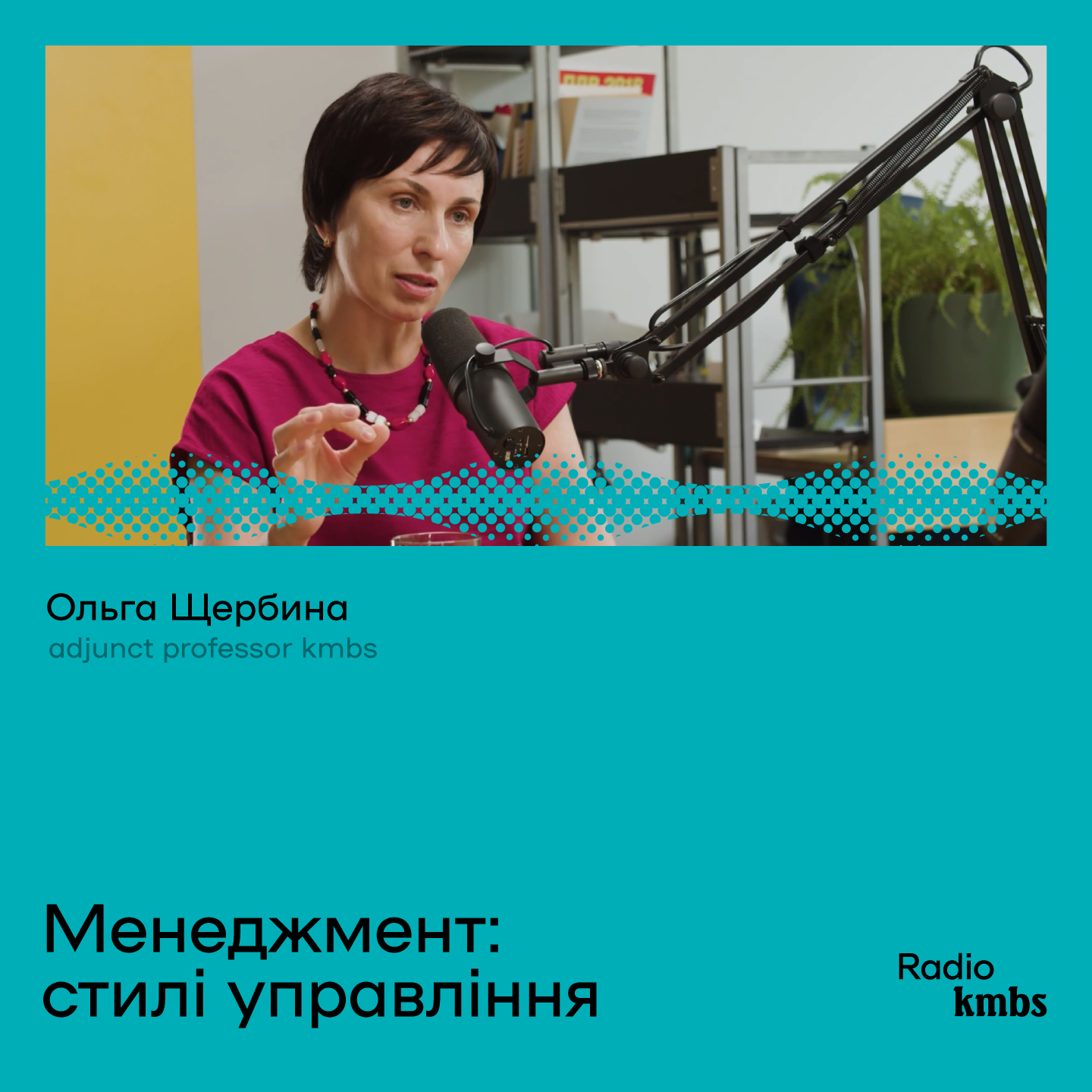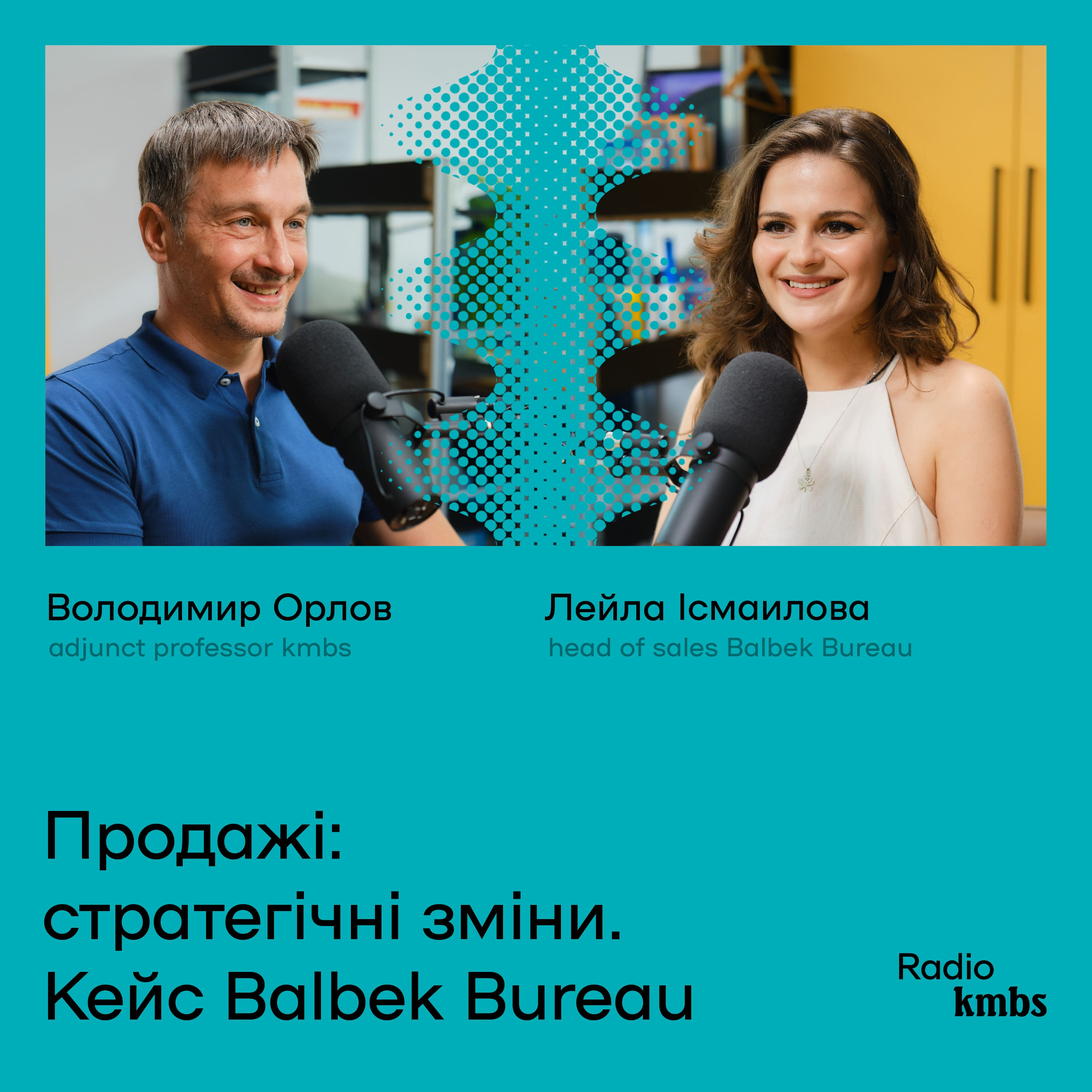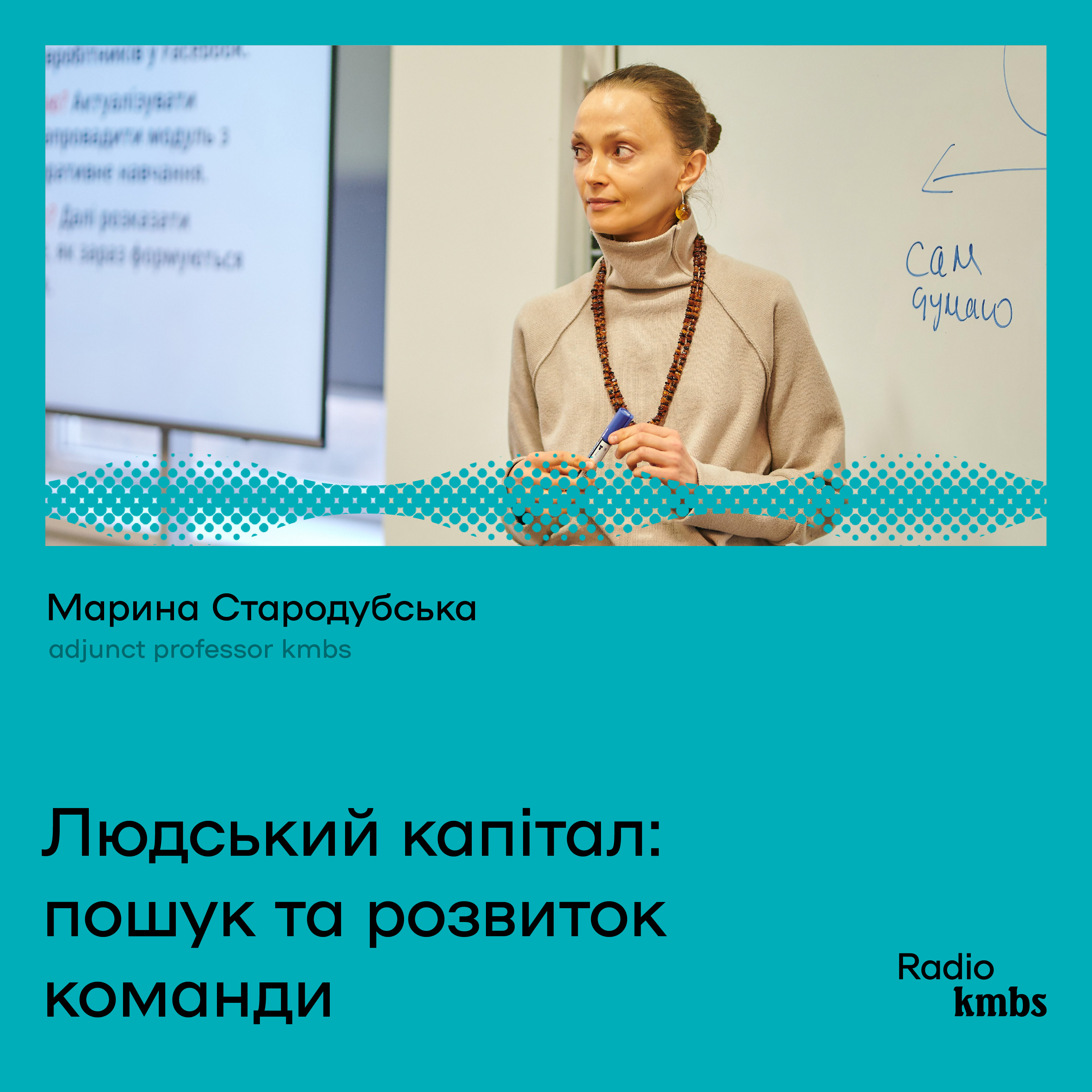"If we want to be successful, we cannot do without a strategy," the diplomat is convinced. This also applies to conversations about what the world will be like "tomorrow,", particularly after Ukraine's victory over Russia. So, Volodymyr Ogryzko shared his vision of the global security system in the future.
According to the diplomat, the events of February 24, 2022, put a risk under the established system of international relations. She showed her inefficiency and incapacity. Currently, neither the UN Security Council nor the OSCE is working. Therefore, a new model is needed.
So what should it be? Volodymyr Ogryzko suggests abandoning some of the standards on which the current system is based. In particular, inclusiveness is the inclusion of all countries.
The first argument favoring such an opinion is the current situation in the Security Council when two groups of countries with different value systems fighting each other have formed. In the new system, it will be necessary to rely on the fact that it is impossible to unite "under one roof countries with different values."
Another proposed innovation is the rejection of unanimous decisions, the best argument in support of which is Hungary's behavior regarding issues that concern Ukraine.
Volodymyr Ogryzko states that these are challenges, but if they are not accepted, then in some time, the world will return to what we have now. Metaphorically, such a new system can be described as a global police officer with a clearly defined mandate, possible violations, and punishments for them. Its instrument should be a new structure modeled after NATO, the actions of which, in case of certain offenses, such as armed aggression of one country against a neighboring country, are prescribed.
Despite the initial conversation about the strategy of the future model of the world, the meeting ended with a retrospective.
"What is the reason for Germany's cold attitude towards Ukraine?" — asked one of the program participants.
Volodymyr Ogryzko reminded us that historically Germany had close ties with the Russian Empire, and among the rulers of the latter, there were many Germans, including Catherine II. The Germans perceived the guilt of the Second World War for many decades, primarily as guilt towards Russia. However, military actions destroyed Poland, Ukraine, and Belarus.
The diplomat recalled that in October, German President Frank-Walter Steinmeier visited Chernihiv Oblast, where he was alarmed and spent two hours with the villagers in a bomb shelter. One person went down to the basement, and a different person came out. In a few weeks, Germany announced the transfer of new weapons to Ukraine. "The attitude of Germans towards Ukraine is changing, but not as quickly as we would like," concluded Volodymyr.
Book recommendations
"Ban racism." The book includes articles by 14 Ukrainian scientists who study the sources of the formation of Russian messianism and expansionism, which became the basis for creating the imperial concept of the "Russian world."
The authors are Volodymyr Ogryzko, Pavlo Polyanskyi, Vitaly Andreev, and Valentina Piskun.
The book was presented on February 28, 2023, at the Borys Grinchenko Kyiv University.
Volodymyr Ogryzko "The collapse of Russia: a threat or a chance." The book examines the political regime of modern Russia, the concept of "Russian peace," the so-called federal system of this state, the prospects of the Russian economy, and the impasse in which Russian foreign policy has found itself.
The book was presented on January 27, 2022, in the Media Center of the General Directorate for the Service of Foreign Representations.
_______________________________________________
Information about professor
Volodymyr Ogryzko is a Ukrainian politician, diplomat, and candidate for historical sciences.
He was educated at Taras Shevchenko Kyiv State University, a specialist in international relations, and a translator-referent (from the German language).
In 1999–2004 — Ambassador Extraordinary and Plenipotentiary of Ukraine to Austria and Permanent Representative of Ukraine to international organizations in Vienna.
Minister of Foreign Affairs of Ukraine during 2007–2009.
From 2022, he will be vice-rector for international activities at Borys Grinchenko Kyiv University.
Head of the NGO "Center for the Study of Russia."










